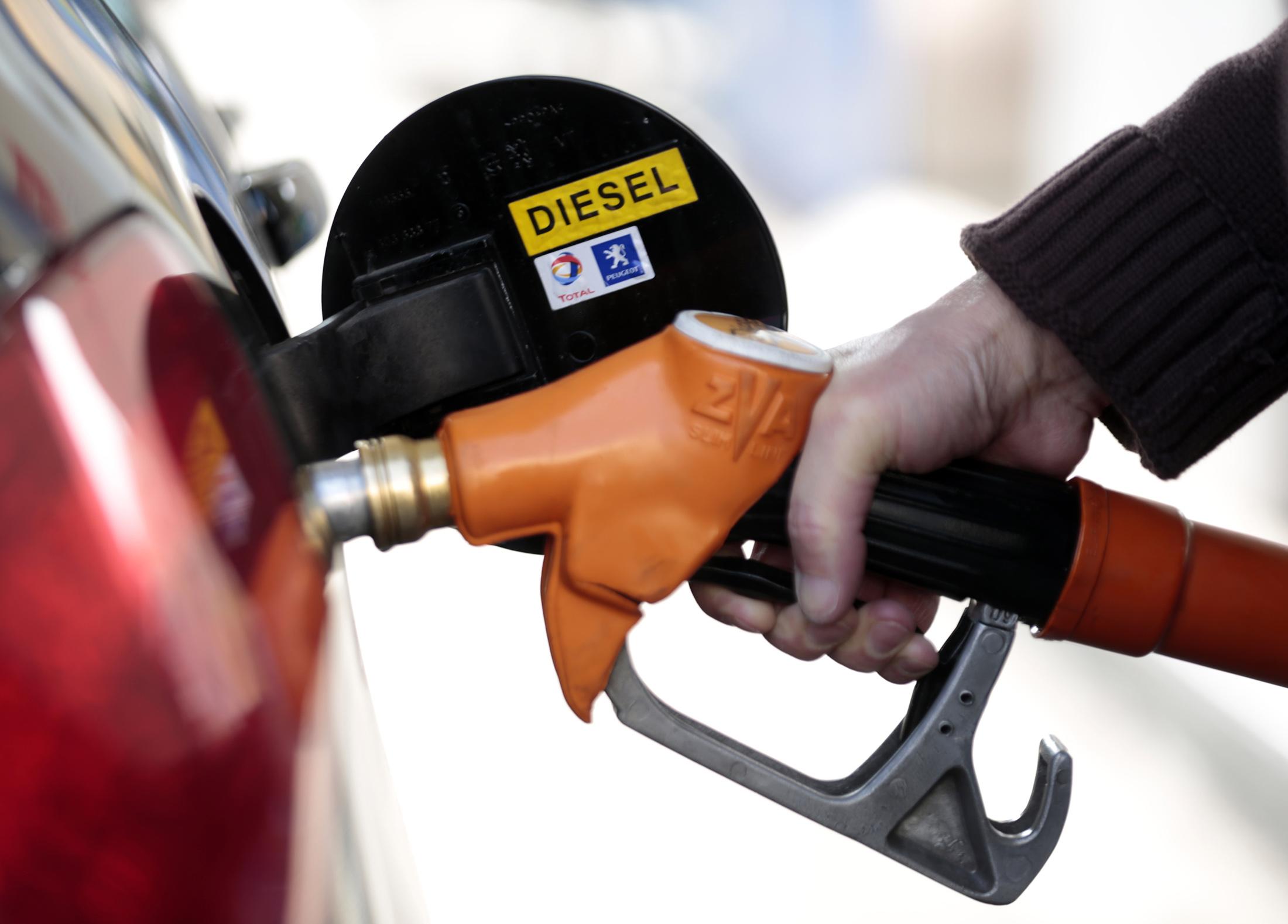France to uphold ban at a discounted price of fossil fuel cars by 2040
PARIS (Reuters) – France government’s new law on mobility will uphold a planned ban on fossil fuel-powered cars by 2040, Transport Minister Elizabeth Borne said .

Former environment minister Nicolas Hulot said in July 2019 – at the beginning of President Emmanuel Macron’s term – that France aimed to stop the sale of gasoline and diesel vehicles by 2040 from a bid to get carbon neutral by 2050.
Hulot resigned in September 2019 in protest over Macron’s insufficient commitment to environmental causes along with the government has since rarely mentioned the planned ban, partly due to “yellow vest” protest movement against carbon taxes on fuel prices as well as the high cost of living.
Borne, who might be a deputy to Hulot’s successor Francois de Rugy, confirmed during an interview with BFM television that the objective laid out by Hulot could be met.
“You’ll find target for carbon neutrality by 2050 and that we need a credible trajectory towards that, accompanied by a ban for the sale of vehicles that consume energy sources by 2040,” she said.
She said France – along with a large car manufacturing industry led by PSA and Renault – is needed its car makers switch to electricity, hydrogen and even biogas.
“Since the beginning of Emmanuel Macron’s term, our target often is the climate plan that Nicolas Hulot announced during summer of 2019. We can now inscribe this target into law,” Borne said.
The mobility law will facilitate the rollout of electrical vehicle (EV) charging stations, notably through providing the residents of apartments the right to look for the installation of EV plugs throughout their parking lots.
The much-delayed law, that could be currently being debated in parliament, is predicted to be approved when the summer which will update a 1982 law on transportation.
The reform wishes to favor choices to individual automobile usage, upgrade railway networks and make a legal framework achievable mobility solutions which includes free-floating bicycles, electric scooters and car-sharing.
It will likely give companies the option to offer employees a tax-free 400 euro subsidy to make work on bicycles or with car-sharing. Borne said companies could be obliged to discuss this subsidy in wage negotiations with unions, however the subsidy would not be mandatory for anyone companies.

